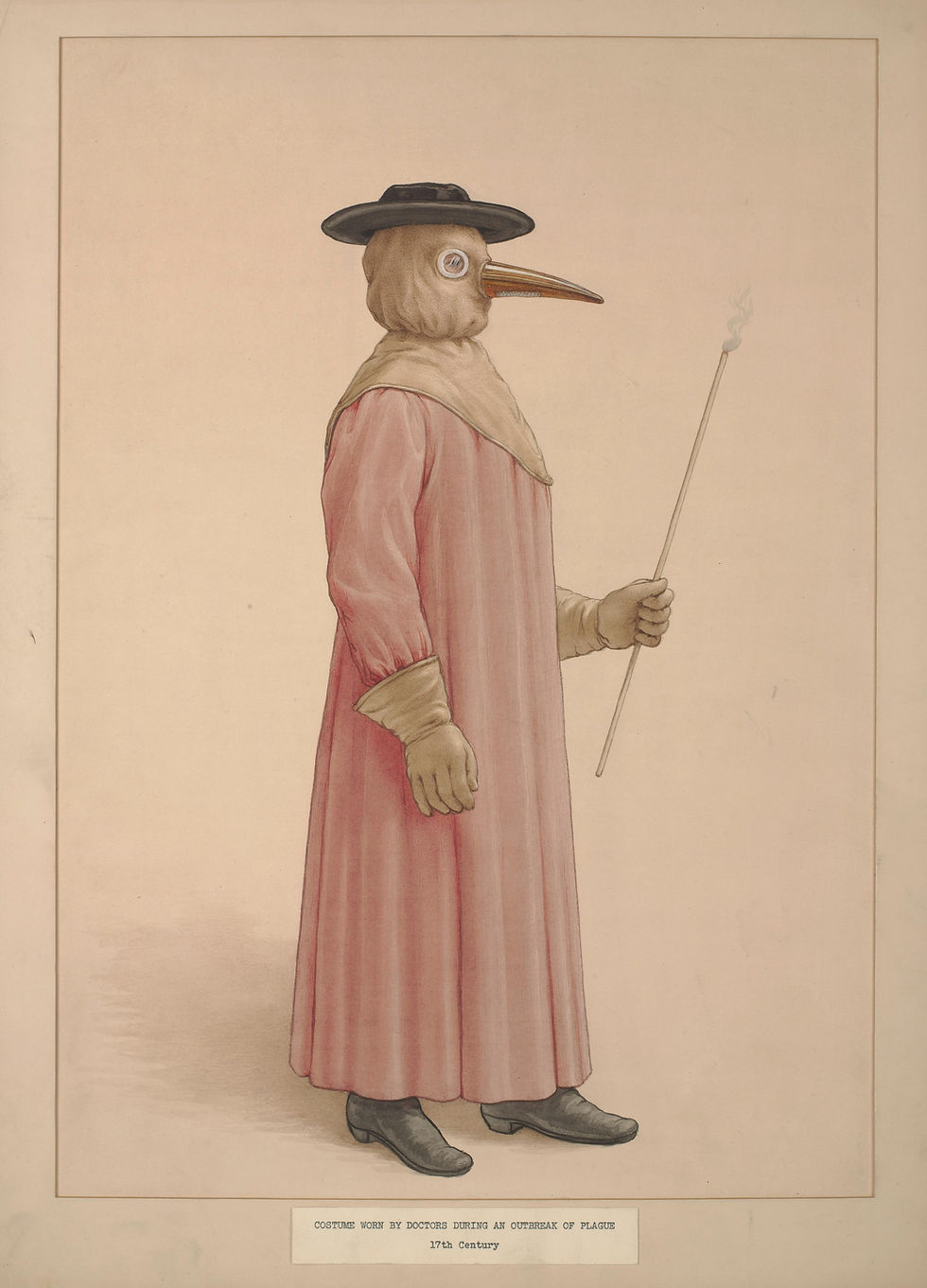University of Chester Alumni Guest Writer
- John Turner

- Oct 15, 2021
- 4 min read
Updated: Feb 16, 2022
A (Very) Mature Student
Dr John Turner MBBS MA MRCS FRCP
Qualified at St Marys Hospital, Imperial College London, medical registrar at St Vincent’s Hospital Dublin and senior registrar in the Nuffield Department of Medicine, University of Oxford. Author of Seniors Smiling: Sometimes Seriously (published August 2021). John is speaking on the birth pangs of the NHS; Corkscrew Charlie (Lord Moran) and other Notables, at the 2021 British Society for the History of Medicine Congress Sheffield.
I enjoyed my medical career at University Hospital Aintree Liverpool and while transitioning towards retirement, resolved to stepdown to working half time as a consultant physician in the Medical Assessment Unit and Department of Medicine for the Elderly, fulfilling a long term ambition by embarking on a Chester MA History.
Aged sixty-six my al fresco ‘interview’ took place on a Parkgate campus bench, in September sunshine, before completing proceedings with a move into Binks Brasserie and a celebratory pot of tea. The delightful medieval historian and Vatican expert, the late Dr John Doran* was almost twenty years younger than his newly recruited student, a chronological gap that seemed of little import to either party. Fulfilling fiduciary duties as programme director, John gently alerted me to the rigorous standards of essay writing that would be demanded by the Chester Department of History. The warning reinforced by a stern heading in the course handbook; ‘Penalties for failure to meet stated requirements’. The tantalising unspoken question dangling before me was would I cope? When my history ‘O’ level (although the Oxford & Cambridge Board imposed a high academic bar in distant 1958) was my highest academic level of attainment in this particular field. The contrasting writing skills required for thirty or so assorted medical publications or medical and legal reports, would have to adapt and quickly. Historians have traditionally placed a high value on quality writing. In a slightly over the top attempt to bolster my credentials for entry into the Faculty of Humanities and delving deep into the past for evidence of literary merit, I offered up my school English prize - a feat of which I still feel rather proud.
*John Doran was tragically lost to us at far too young an age
The 2009 Department of History was firmly presided over by Glaswegian Dr Keith McLay, later Professor of History at the University of Kent and now Pro-vice Chancellor of the University of Derby. Starting at Chester was refreshing and exhilarating. A drive from Crosby, a brisk walk along the Northgate Walls before entering the atmospheric Bluecoat building, home of the Department of History for my first year as a part-time student.
We enjoyed excellent interactive small group seminar style teaching. The concept of an MA Military History is easily misunderstood. We soon discovered the value of studying an absorbing field, extending across two millennia, to explore the fascinating behaviour of humans in groups and as individuals. The extraordinary cast of characters extended from legendary Sultan Saladin, battlefield commander at the fall of Jerusalem (1187), introduced in John Doran’s masterly module, ‘The Crusades: Experiments in Holy Warfare’. To Peter Gaunt on Cromwell, the American Civil War and Ulysses S. Grant, Lincoln, Marlborough and numerous lesser known ‘bottom up’ history figures. Tim Grady balanced the agonies of the British high command, grappling with industrial warfare casualties in World War1, against the plight of the German people under ‘granite faced’ Hindenburg and ‘brutally effective’ Ludendorff, fiercely defending the fatherland in the painful endgame before Armistice day. The curriculum extended well beyond military actions and was packed with fascinating forays into social, economic and diplomatic history. Understanding historic human conflict remains highly relevant to today’s international travails and tribulations.
The Bluecoat School founded in 1700 and built in 1717, is a wonderfully quirky building on the site of The Hospital of St John the Baptist dating from 1190. The main seminar room featured an 18th century punishment cage for recalcitrant pupils. The wooden cell-like structure positioned next to the tutor housed offenders who faced the stares of the class through wooden bars. Tutors managed to resist the temptation for re-enactments (just). Other eccentricities included an archaic and temperamental central heating system. Arriving late for teaching after battling through January snow, from a busy Aintree session, I found the room filled with hooded, shivering students in coats and anoraks, blowing vapour trails towards the numb-fingered tutor, the pallor of whose face matched the whiteboard on which she was struggling to write. Our seminar groups had a sprinkling of interesting, friendly older students pursuing career advancement, none quite the same vintage as myself. One such was Jonathan Worton, a memorable colleague, and dedicated military historian, who went on via a PhD to become a lecturer in this very department.
Seventeen thousand word dissertations can leave an intellectual hangover, but within a few months I experienced withdrawal symptoms. The Chester experience had heightened a taste for later life learning, stimulating me to acquire a Postgraduate Cert in Psychology and complete University of Oxford online modules in Economics, Social Policy, Ethics and Advanced Life Writing. My clinical career closed with a rewarding stint as tutor in the Liverpool School of Medicine and appropriately for me, provided entirely for mature entrants. I continue to contribute to the Royal College of Physicians London, oral history team, interviewing ‘distinguished' and pioneering physicians.
Royal College of Physicians London, history collection, oral history audio archive: https://history.rcplondon.ac.uk/collections/oral-history





Comments